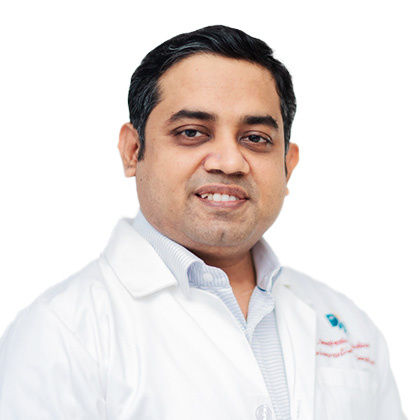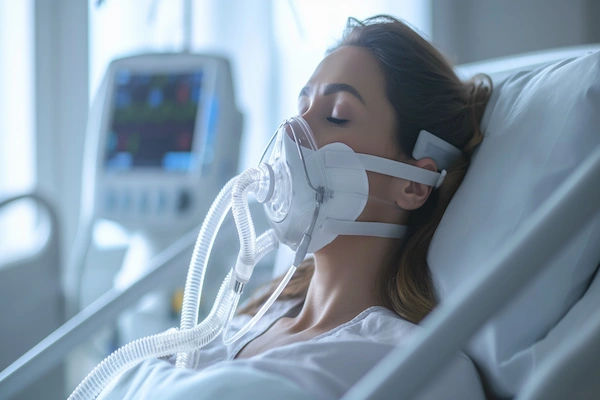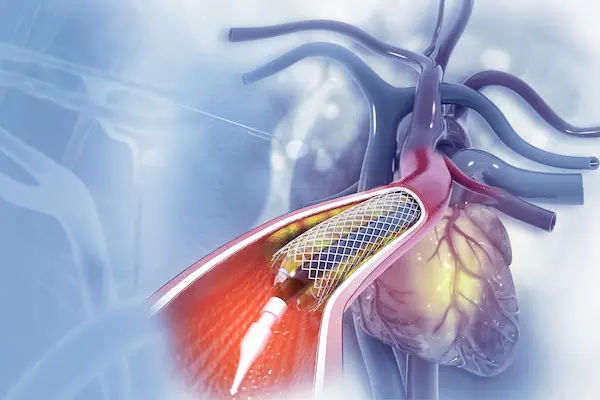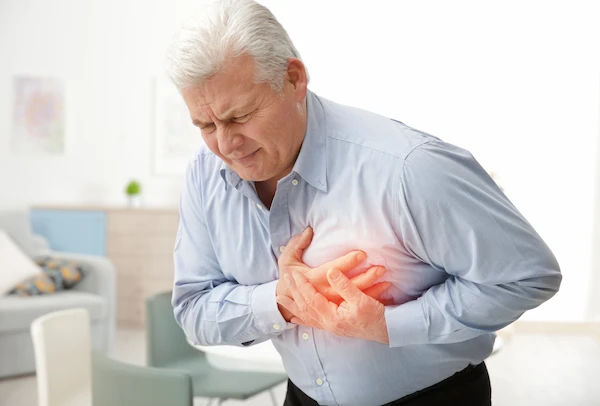After Bypass Surgery Heart Rate
Wondering about heart rate changes after bypass surgery? Learn what’s normal, when to seek help, and how to manage your heart rate during recovery.


Introduction
Undergoing bypass surgery is a significant step toward improving heart health, but recovery requires patience and awareness. One common concern after the procedure is changes in heart rate. If you or a loved one has recently had bypass surgery, understanding what to expect regarding your heart rate can help ease worries and promote a smoother recovery.
Why Does Heart Rate Change After Bypass Surgery?
After bypass surgery, your heart is healing, and it’s normal for your heart rate—the number of times your heart beats per minute—to behave differently than before. Here’s why:
- Surgical Stress: The surgery itself is a major event, and your body responds with temporary changes, including an elevated or irregular heart rate.
- Medications: Pain relievers, beta-blockers, or other heart medications can influence heart rate.
- Healing Process: As your heart adjusts to the new blood flow from the bypass grafts, it may take time to stabilise.
- Physical Activity: Initially, even mild exertion can raise your heart rate more than usual.
Consult Top Specialists for Personalised Heart Health Advice
What Is a Normal Heart Rate After Bypass Surgery?
A normal resting heart rate for adults is typically between 60-100 beats per minute (bpm). However, after bypass surgery:
- Early Recovery (First Few Weeks): Your heart rate may be slightly higher (around 70-90 bpm at rest) due to healing and medications.
- Later Recovery (Weeks to Months): As you regain strength, your heart rate should gradually return to your baseline or a healthier range.
Some patients may experience:
- Bradycardia (slow heart rate): Below 60 bpm, often due to medications like beta-blockers.
- Tachycardia (fast heart rate): Above 100 bpm, which can happen due to pain, stress, or dehydration.
Symptoms to Watch For
While some variation is normal, contact your doctor if you experience:
- Persistent heart rate above 100 bpm or below 50 bpm at rest.
- Dizziness, fainting, or extreme fatigue.
- Palpitations, fluttering or pounding heartbeat.
- Shortness of breath even at rest.
Tips to Manage Heart Rate During Recovery
Below are some practical measures that might help you maintain a healthy heart rate as you regain strength.
1. Follow Medication Guidelines
Take prescribed medications, like beta-blockers, on time.
Never skip or adjust doses without consulting your doctor.
2. Monitor Your Heart Rate
Use a pulse oximeter or a smartwatch to track your heart rate.
Keep a log and share it with your doctor during follow-ups.
3. Stay Hydrated & Eat Heart-Healthy Foods
Dehydration can cause irregular heartbeats. Drink enough water.
Include fruits, vegetables, whole grains, and lean proteins in your diet.
Limit salt, sugar, and processed foods to avoid blood pressure spikes.
4. Gradual Physical Activity
Start with short walks as recommended by your doctor.
Avoid heavy lifting or strenuous exercise until cleared.
5. Manage Stress & Rest Well
Practice deep breathing, meditation, or light yoga to reduce stress.
Ensure 7-8 hours of sleep to help your heart recover.
6. Avoid Smoking & Alcohol
Both can worsen heart rate irregularities and slow healing.
When to Seek Medical Help?
Seek immediate medical attention if you experience:
- Chest pain or pressure
- Sudden, severe shortness of breath
- Fainting or extreme dizziness
Long-Term Heart Health After Bypass Surgery
Recovery doesn’t end in a few weeks—it’s a lifelong commitment to heart health. Here’s how to stay on track:
- Regular Check-ups: Follow-up with your cardiologist as scheduled.
- Cardiac Rehabilitation: Join a supervised rehab program to strengthen your heart safely.
- Stay Active: Gradually increase activity under medical guidance.
- Monitor Blood Pressure & Cholesterol: Keep them in check to prevent future complications.
If you have concerns about your heart rate after bypass surgery, consult a cardiologist for personalised guidance. You can book a consultation or schedule a heart health check-up through Apollo 24|7 for expert care from the comfort of your home.
Final Thoughts
Changes in heart rate after bypass surgery are common, but with proper care, monitoring, and lifestyle adjustments, you can support your heart’s healing. Listen to your body, follow medical advice, and give yourself time to recover fully. Your heart has been through a lot—now it’s time to nurture it back to strength!
Consult Top Cardiologists
Consult Top Specialists for Personalised Heart Health Advice

Dr. Tripti Deb
Cardiologist
40 Years • MBBS, MD, DM, FACC, FESC
Hyderabad
Apollo Hospitals Jubilee Hills, Hyderabad

Dr. Bhethala Sharan Prakash
General Physician/ Internal Medicine Specialist
5 Years • MBBS MD
Bengaluru
PRESTIGE SHANTHINIKETAN - SOCIETY CLINIC, Bengaluru

Dr. Dayanashre N
General Physician
3 Years • MBBS
Bengaluru
PRESTIGE SHANTHINIKETAN - SOCIETY CLINIC, Bengaluru
Dr.bino John Sahayo J
Cardiologist
18 Years • Fellowship in Intravascular Imaging, DNB (Cardio),DM (Cardio), DNB (Gen.Med),MD (Gen.Med),MBBS
Chennai
Apollo Speciality Hospitals OMR, Chennai

Dr. Deepesh Venkatraman
Cardiologist
10 Years • MBBS, MD (Gen Med), DM (Cardio), DNB (Cardio)
Chennai
Apollo Medical Centre Kotturpuram, Chennai
(75+ Patients)
Consult Top Cardiologists

Dr. Tripti Deb
Cardiologist
40 Years • MBBS, MD, DM, FACC, FESC
Hyderabad
Apollo Hospitals Jubilee Hills, Hyderabad

Dr. Bhethala Sharan Prakash
General Physician/ Internal Medicine Specialist
5 Years • MBBS MD
Bengaluru
PRESTIGE SHANTHINIKETAN - SOCIETY CLINIC, Bengaluru

Dr. Dayanashre N
General Physician
3 Years • MBBS
Bengaluru
PRESTIGE SHANTHINIKETAN - SOCIETY CLINIC, Bengaluru
Dr.bino John Sahayo J
Cardiologist
18 Years • Fellowship in Intravascular Imaging, DNB (Cardio),DM (Cardio), DNB (Gen.Med),MD (Gen.Med),MBBS
Chennai
Apollo Speciality Hospitals OMR, Chennai

Dr. Deepesh Venkatraman
Cardiologist
10 Years • MBBS, MD (Gen Med), DM (Cardio), DNB (Cardio)
Chennai
Apollo Medical Centre Kotturpuram, Chennai
(75+ Patients)




